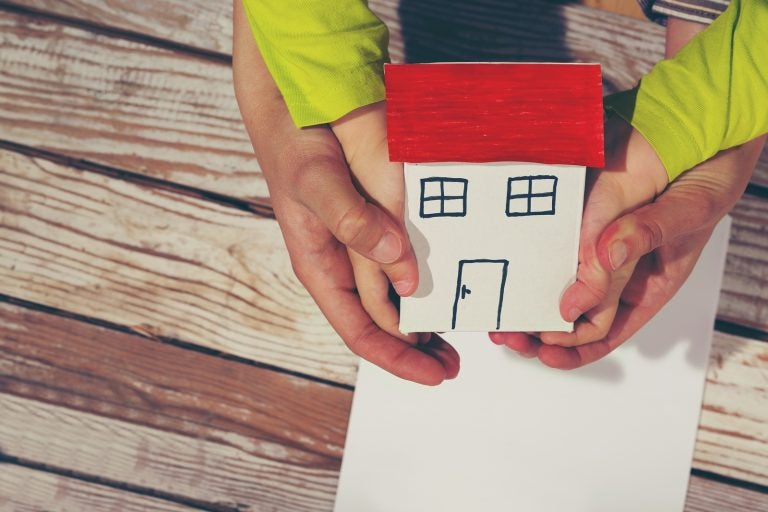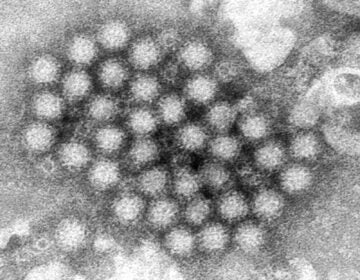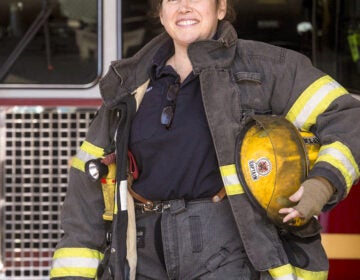Philly offers affordable housing to help parents regain custody of kids in foster care
In Philadelphia, not having a safe, stable place to live prevents parents whose children have been placed in foster care from regaining custody 40 percent of the time.

(jovanmandic/Bigstock)
In Philadelphia, not having a safe, stable place to live prevents parents whose children have been placed in foster care from regaining custody 40 percent of the time — 10 percent higher than the national average — according to a recent study by the city.
That’s why Philadelphia’s Department of Human Services and Office of Homeless Services have partnered on a new program that gives priority for affordable housing to people whose kids are in the custody of child welfare.
The program is aimed at people who are on track to be reunified with their children in the next six months, and for whom housing instability is a factor in preventing that. Families don’t need to be homeless, but they must lack affordable, safe housing. That could mean they are couch-surfing, or live in a substandard rental.
The families are responsible for finding their own housing with the help of Congresso de Latinos Unidos, a nonprofit services organization which makes agreements with private landlords and helps families find private market housing. The families put 30 percent of their income toward rent, while the city subsidizes the rest and helps with moving and utility costs. There are no minimum income requirements.
At the end of 2017 there were nearly 6,000 children in foster care in Philadelphia.
In its first year, the program aims to serve 30 families. Since it started at the end of May, ten families have been identified and one has been housed. The CHOP Policy Lab will evaluate the program.
While this program — called Rapid Rehousing for Reunificiation — is the first of its kind in the nation, rapid rehousing programs for homeless populations have become popular since they received funding in 2009 as part of the American Recovery Reinvestment Act. In 2009, Philadelphia received $11 million for rapid rehousing. Over the next two years, it offered an average of $6,000 to 1,379 households.
Typically, homeless prevention programs require transitional housing services before a person can live in his or her own home. But rapid rehousing programs presume that other obstacles — like finding a job, or dealing with behavioral health issues like drug treatment or mental illness — are more difficult to overcome without a stable place to live.
The reunification program is taking a slightly different approach. Syreeta Owens-Jones heads the program with DHS, and says they’re piloting the program with people who have completed most of the court-ordered requirements for regaining custody of their children, and for whom housing is the last box to check off the list.
“Often families have met all of their goals such as employment, education, mental health services, drug and alcohol treatment, and housing remains as a barrier,” Ownes-Jones said.
There is a lot of overlap between families who receive homeless services and those who are placed in child welfare. Nationally, a quarter of children in out-of-home care report having been evicted, and even more having been homeless.
While it’s common for housing to be a reason why children and families aren’t reunited, it’s less common that housing is the reason children are taken away from families in the first place — that’s only true in 10 percent of cases. Still, that ten percent represents a 162 percent increase from 2012 to 2016, indicating a decrease in access to affordable and safe housing options for Philadelphia families.
WHYY is your source for fact-based, in-depth journalism and information. As a nonprofit organization, we rely on financial support from readers like you. Please give today.







